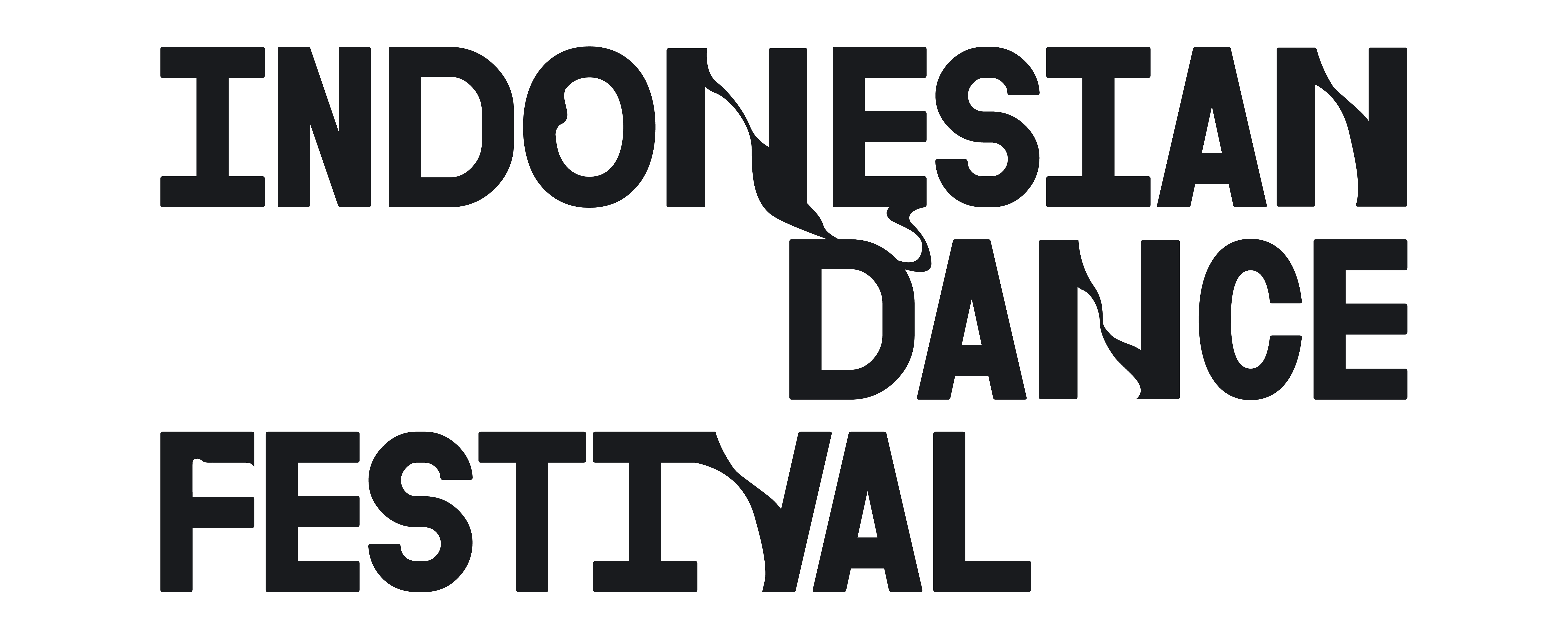
Padmini Chettur
Padmini Chettur began her contemporary dancer's career in 1990 as a member of the troupe of Chandralekha - the radical Bharatanatyam modernist choreographer, whose own opus dealt with a rigorous deconstruction of the form. Breaking away in 2001, Padmini has over the past two decades defined her own choreographic idiom - minimalist, abstract and formal - stripping movement down to an essential, anatomical investigation, prioritizing a sense of tension over emotion. Her approach to dramaturgy reveals the complex layers of connection between a dancing body and it's environment; both in the sense of performative parameters, and in the sense of a subject socio-cultural context, one's place in history.
Her early productions- Fragility (2001), Paper dolls (2005), up to Beautiful thing 1 (2008) - have been presented at venues ranging from Theater de la Ville (Paris), Kunsten Festival des Arts and BOZAR( Brussels), Esplanade and SAF(Singapore), as well as smaller venues in India, Europe and Asia.
Since her solo work Beautiful thing 2 (2011), and in later works - Wall dancing (2013), Varnam (2013) - her work has been seen in visual art spaces as well, as her practice extended into film and durational works. Steirischer Herbst (Graz), Kochi muziris Biennale (Cochin), Museum of modern and Contemporary art (Seoul), Jejak tabi (Jogja).
Her most recent work 'philosophical enactment' with writer Aveek Sen was recently performed at Contemporaneity (Toronto), Akademie der Kunst (Berlin), and TPAM (Yokohama) She sometimes lectures and teaches. Her approach to pedagogy in the context of contemporary dance in India holds a critique of the institutional, often Eurocentric thinking around technique, aesthetic and discourse.

